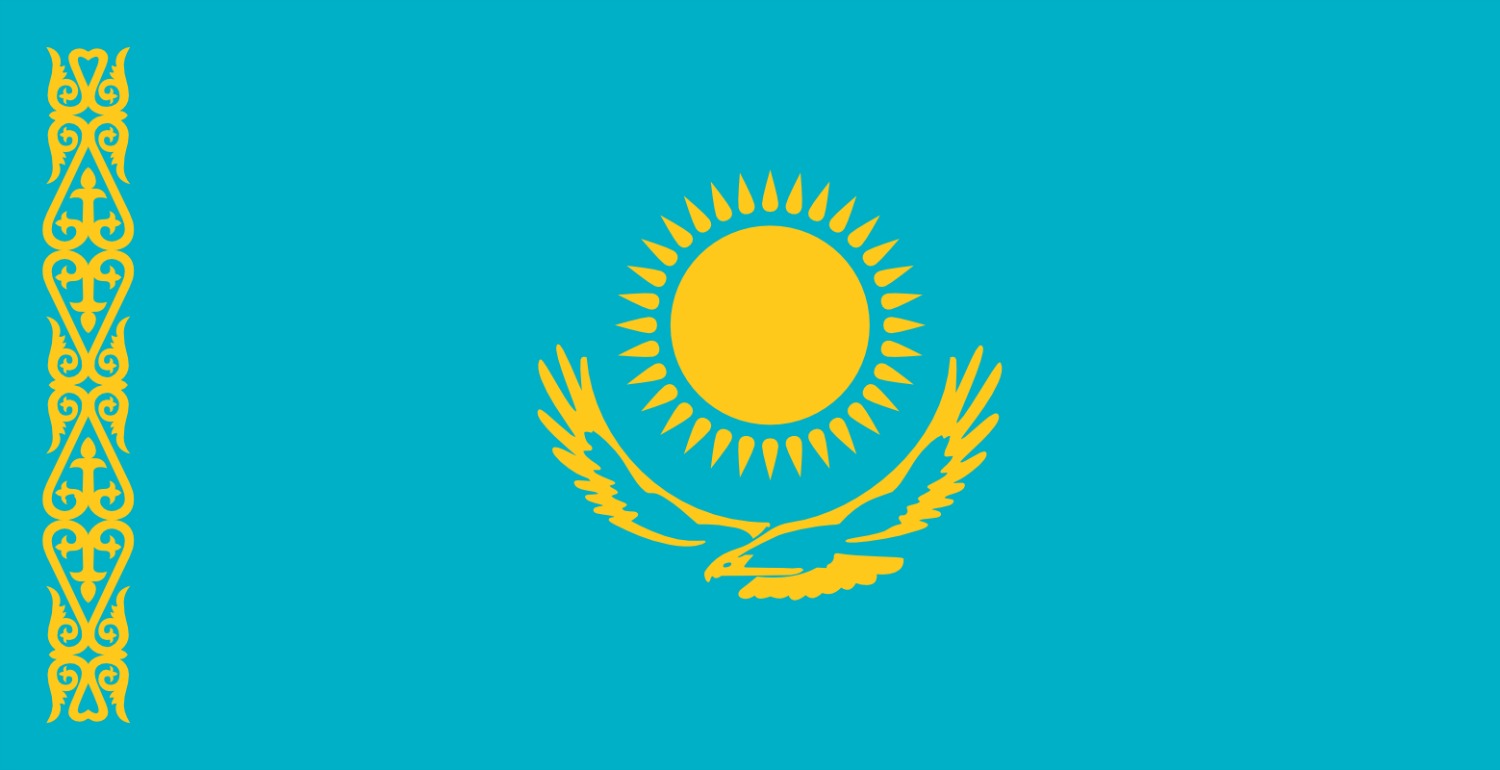Commission Chairman Christopher Smith presided over a hearing on the status of democratization and human rights in Kazakhstan following the country’s presidential election in January of 1999. The election, which saw the victory of incumbent presient Nursultan Nazarbayev, was strongly criticsed by the OSCE, which stated that it had fallen “far short” of meeting OSCE commitments. Ross Wilson, Principal Deputy to the Ambassador At-Large, noted that opposition figures were beaten, arrested, and convicted for attending political meetings. Independent media organizations were bought out, silenced, and in extreme cases firebombed by allies of President Nazarbayev. Finally, a new law barred candidates who had been conviced of administrative violations from running for president. Akezhan Kazhegeldin, former prime minister of Kazakhstan and leading opposition member in the election, noted in his testimony that he was barred from running in the election due to this law.
Bolat Nurgaliev, Ambassador of Kazakhstan to the United States, acknowledged “imperfections” in the state of Kazakhstan’s political system, but defended the legal and ethical credentials of the election. The hearing concluded by offering a set of recommendations calling for the abolition of laws restricting opposition members from running, improved anti-corruption legislation, and greater press freedom.






